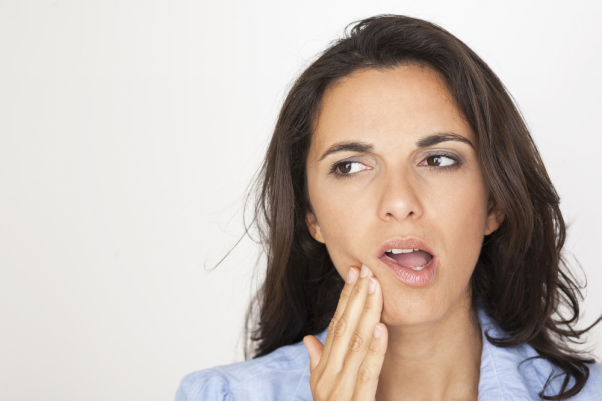
Bruxism is the excessive gnawing, grinding of your teeth, and clenching of your jaw. Some people do this occasionally and are able to stop themselves immediately. For others, it is an ongoing and chronic issue that results in the jaw and facial pain in some circumstances like when eating. Speaking to a dentist in Bentleigh, we ventured to learn a little more about this difficult nocturnal nuisance.
Diagnosis
The three main signs of bruxism are grinding noises when sleeping, pain with chewing, and jaw and facial pain.
Causes
Bruxism seems to be a response to psychological anxiety, sleeping issues such as obstructed breathing, inadequate nutrition, illness, or a combination of the above.
Many children grind in their sleep as a response to growing pains, often they will grow out of it so keep an eye on it to ensure your child outgrows it or if there are underlying issues you need to address with them.
Common side effects
Headaches and Earaches
Due to the grinding and clenching of the jaw, the muscles can become strained and lead to headaches, earaches, and neck pain. This can lead to discomfort throughout the day, even if the person only grinds at night. Tightness in the facial and neck muscles is a common side effect of bruxism and is not improved with the use of painkillers.
Cracked enamel and chipped teeth
Some people during sleep or in very stressful situations grind their teeth to the point of breaking off pieces of tooth. The stress placed on the teeth can also cause enamel to crack leading to tooth sensitivity as the precious protective layer is worn away. This can lead to trouble with hot and cold foods and drink, wobbly teeth, and injured gums.
Temporomandibular joint disorder (TMD)
As previously mentioned, bruxism can affect the muscles in the face and jaw, if it is severe it can also affect the joints. TMD is fairly common and caused by a variety of ailments. It is categorized by pain, abnormal jaw movements, and noise during movement.
There may be a pain in the jaw, pain in front of the ear spread in through the face, uneven bite, a locking of the jaw, and a clicking or grating noise when eating. When bruxism is the cause, it is recommended to eat soft foods and begin treatment quickly.
Treatment
Ultimately, the underlying causes must be addressed in order for the bruxism to come under control.
Stress
Most often, stress is the reason people grind their teeth at night. If the patient doesn’t express their anger, stress, and fears they can often find their outlet in grinding. This is not healthy as the daily stressors are not being addressed and taken care of. This is where a trained psychologist or counselor comes into play.
Cognitive behavioral therapy (CBT) is a great way to talk through daily life and any possible traumas which may be having trouble coming to the surface. This is not only beneficial for sleep and your teeth but is going to enrich your life even more than you thought possible.
Mouth splint
If there are other causes that cannot be controlled by CBT, such as some medications, your dentist can fit you a mouth guard that is molded to your teeth. It is made of soft silicon or in combination with hard acrylic if you are a severe grinder.
Regular dental check-ups are recommended with chronic bruxism to ensure your teeth are not getting worse. For some people, a mouth guard can train them to stop grinding in their sleep, for others it can become a sleep essential.
In order to get the best combination treatment to address your bruxism, talk to your GP and dentist as they will both be able to start you on the perfect path to wellness for you.
About The Author:
Laura Costello is a recent graduate of a Bachelor of Law/International Relations at Latrobe University. She is passionate about the law, the power of social media, and the ability to translate her knowledge of both common and complex topics to readers across a variety of mediums, in a way that is easy to understand.




